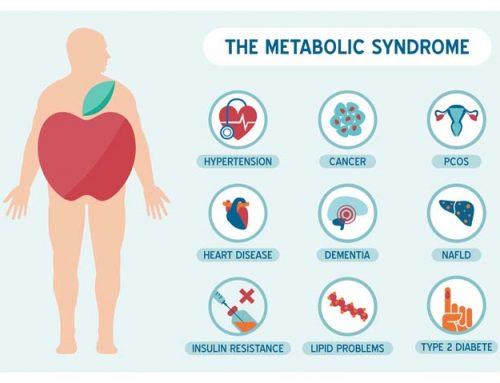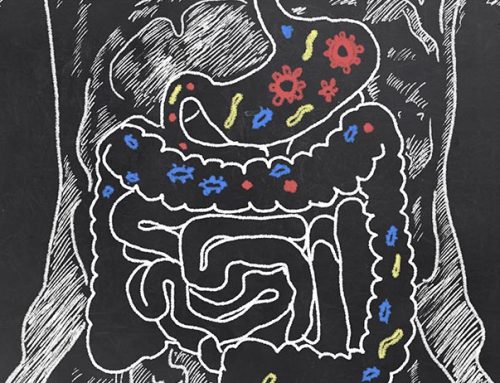Many patients with chronic inflammatory response syndrome (CIRS) and other chronic fatiguing illnesses are concerned regarding whether they are at greater risk of contracting COVID-19 compared to others in the community.
In practice, we haven’t seen any evidence that CIRS patients are getting COVID-19 with an increased regularity or severity. Reports from biotoxin illness support groups around the world also appear to corroborate this in that patients do not appear to be succumbing to COVID-19 at greater rates.
Many studies like this one are indicating that those with severe infection tend to experience a “cytokine storm” in which IL-6 (a type of interleukin) is predominant. This is a different cytokine to the ones which are typically elevated in patients with CIRS. There does seem to be certain HLA gene types that may help predict a severe response to COVID-19. However many of the previously described CIRS haplotypes may in fact be protective against severe COVID-19 illness. So there’s definitely not a common genetic basis, as far as I can tell.
Mast cell activation and MCAS on the other hand does appear to be a significant component of the cytokine storm response in COVID-19. This study looks at it in detail. If you have a significant mast cell component to your chronic illness you need to make sure you are on optimal treatment. If not, touch base with your treating practitioner, and if you become unwell make a plan with your practitioner for whether mast cell medications need to be increased or not.
Looking at the bigger picture as many physicians, such as Dr. Neil Nathan are doing, this pandemic can be viewed as an opportunity for personal shift and growth. Perhaps something has shifted in the delicate system of our planet earth, and new changes are going to be needed to restore the balance. More integrated thinking on all levels is likely to be key.
Lockdown and the associated changes have resulted in very significant shifts, including economic, social and mental health ramifications. Perhaps the world we know it post-COVID-19 won’t be the same as the one we knew before. The time out and isolation has certainly provided many of us with the opportunity to have time alone, which for some may be valuable. For others, it may be intolerable.
Robert August Masters PhD has weighed in recently in my recent interview with him, and conveyed some important keys including developing a closer relationship with fear, developing intimacy with shadow, and getting more intimate with our emotional world. One tip he offered was to spend less and less time viewing mainstream media and to take sufficient rest every day to integrate the current situation and its effects on you in a deep sustained way. Sage advice I thought.
In closing, I’d like to invite readers to consider whether their attention on the healing process may have been distracted during these last few months of the COVID-19 pandemic. Now that the worst is over, in most countries around the world, it is time that we refocus on our long-term health needs. This is not to be remiss in terms of taking public health precautions, but also not to get over-obsessed with them to the point of hysteria. One of the main risks at this point of the pandemic is for chronic health needs to get overlooked. If we refocus on the core goals of getting well and staying well through integrative means, then it’s likely we can find very great healing opportunities during this unusual period on planet earth.








Leave A Comment